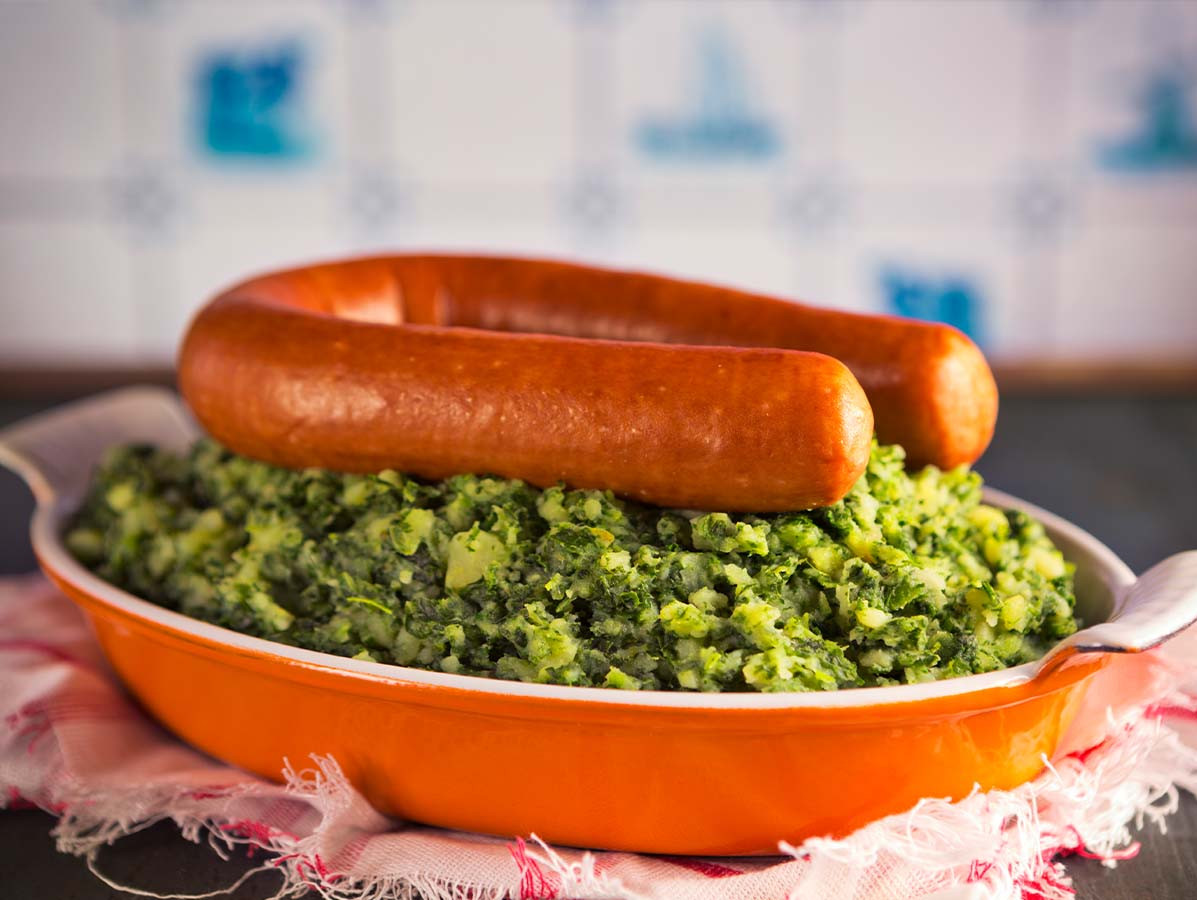
The European Commission has decided to ban the use of smoke flavours in food products. This decision was approved by the member states on April 24. The ban extends the approval of eight smoke flavours which, after a transition period, will no longer be allowed for use within the EU. This decision has far-reaching implications for the food industry.
The decision has a significant impact on food producers. In 2019, the Commission promoted these smoking techniques as a safer and more sustainable alternative to traditional smoking methods. Now, producers of smoke flavours must quickly develop alternatives and obtain approval from the European Food Safety Authority (EFSA). Consequently, the Dutch Meat Industry Association (VNV) and FNLI have called for an expedited approval process with EFSA.
Furthermore, it is challenging for many companies to switch to traditional smoking methods. Obtaining a permit for such installations is difficult due to strict environmental and sustainability standards. This could represent a step back, especially in terms of sustainability.
The decision of the European Commission is based on advice from the EFSA. This authority adheres to a zero-tolerance policy for substances that may cause DNA damage and thereby increase cancer risks. Although these substances are also released during everyday cooking processes, such as baking and barbecuing, experts say the risk is minimal with normal dietary patterns. EFSA is now tasked with thoroughly evaluating the risks of traditional smoking methods as well.
Meanwhile, smoke flavours are permitted until alternatives are available. Consumers do not need to worry about their health when consuming products containing these flavours. Producers state that food safety is their highest priority and will switch to safer options as soon as better flavours are available.
Source: FNLI